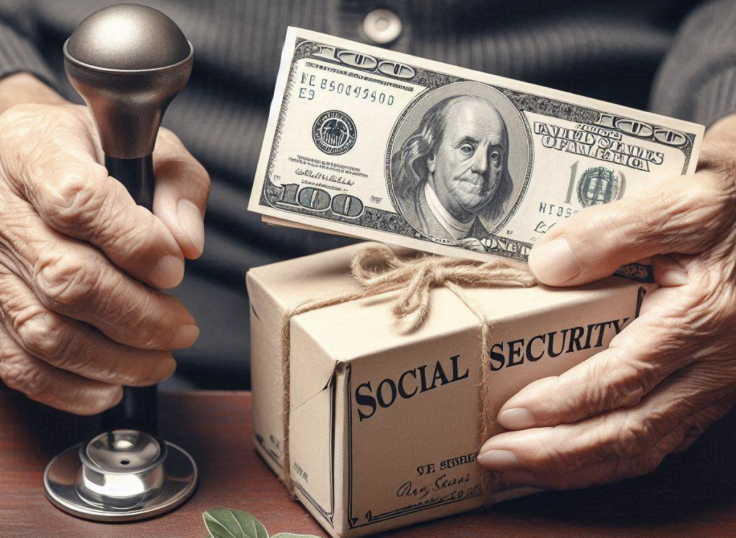
A member of a notorious hacking group has recently released the personal data and social security numbers of millions of Americans on an online marketplace.
The hacking group, USDoD, was accused of stealing the personal records of 2.9 billion people in the US, UK, and Canada from the National Public Data in April 2024, according to a class-action lawsuit filed in US District Court in Fort Lauderdale, Florida, as earlier reported by Bloomberg Law.
Now, an enormous amount of the stolen data has been made available for free on an online marketplace known for selling stolen personal data. This could lead to a surge in identity theft and fraud cases, according to the Los Angeles Times, citing a warning from US Public Interest Research Group Director Teresa Murray.
"If this in fact is pretty much the whole dossier on all of us, it certainly is much more concernin [than prior breaches]," Murray said. "And if people weren't taking precautions in the past, which they should have been doing, this should be a five-alarm wake-up call for them."
The recent leak followed a prior release of personal data earlier this month when a hacker leaked a version of the stolen data for free on a hacking forum. The hacker noted that the stolen files include a person's full name, address, date of birth, Social Security number, and phone number, according to tech site Bleeping Computer.
Additionally, a post from cyrbersecurity expert HackManac on X, formerly Twitter, claimed that USDoD was selling the 2.9 billion records on the dark web for $3.5 million.
Massive #DataBreach Alert ⚠️
— HackManac (@H4ckManac) April 8, 2024
2.9 billion records of USA, Canada, and UK citizens allegedly for sale for $3.5 million.
The threat actor USDoD claims to be selling a 4 TB database containing 2.9 billion rows apparently exfiltrated from National Public Data, a public records data… pic.twitter.com/kgSd3RpoP2
How To Protect Yourself From the Leak
There are several ways to protect yourself from the possible repercussions of the data breach. One strategy recommended by experts is to freeze your credit files with the three big consumer credit reporting agencies, namely Equifax, Experian, and TransUnion. This will prevent someone from opening a credit or mobile phone account in your name.
Furthermore, you can set up a two-factor authentication or account alert to make it difficult for thieves to break into your account and make any unauthorized bank withdrawals or transactions.